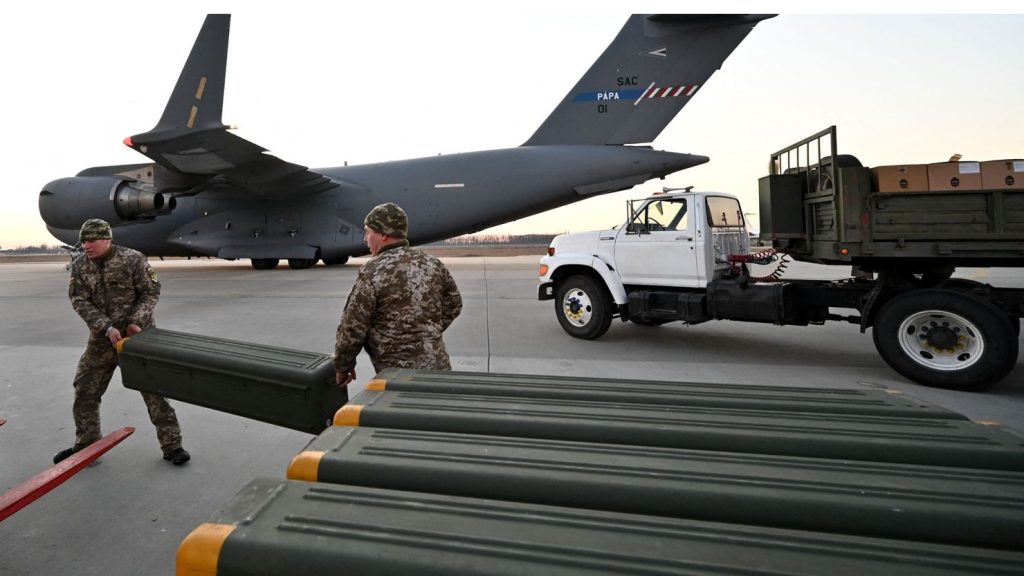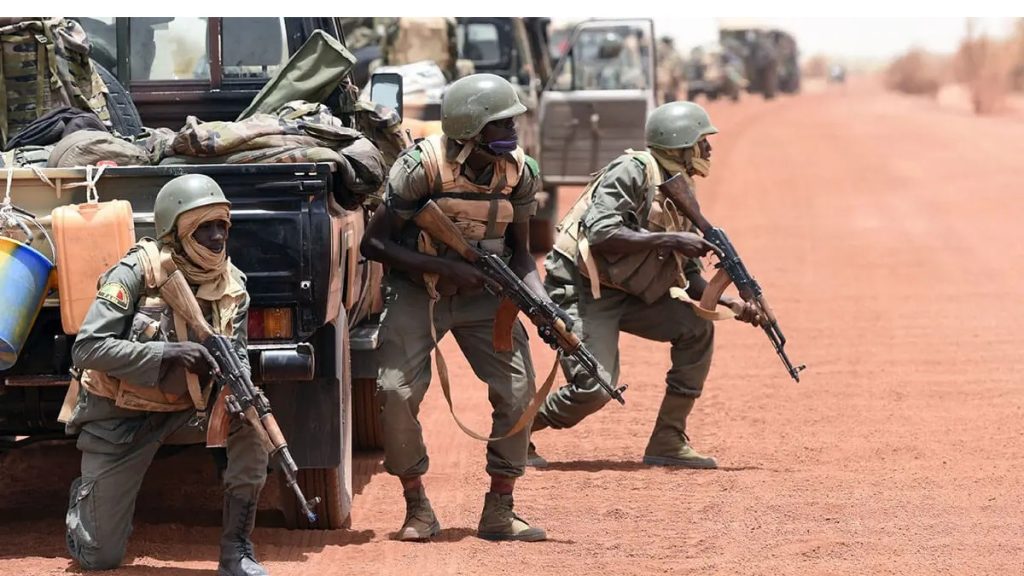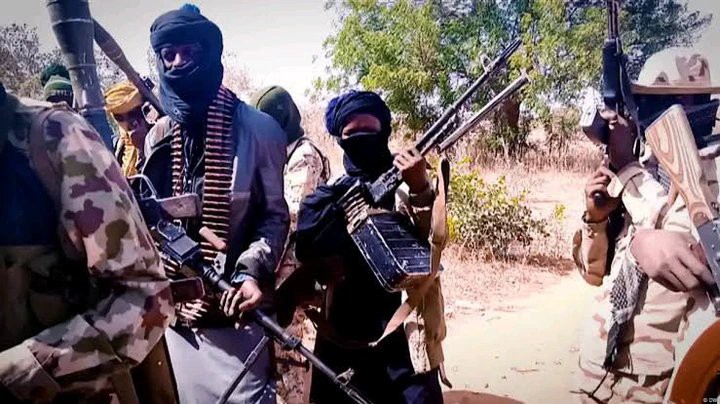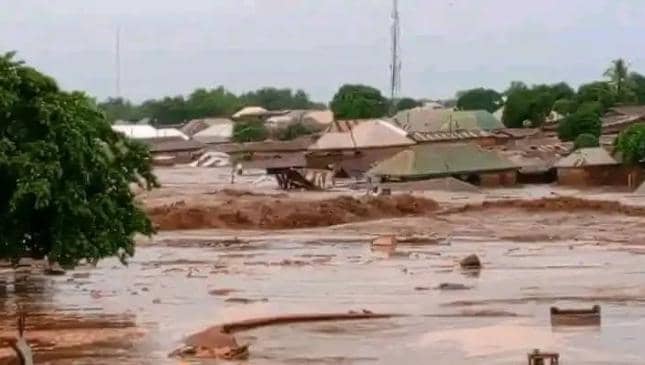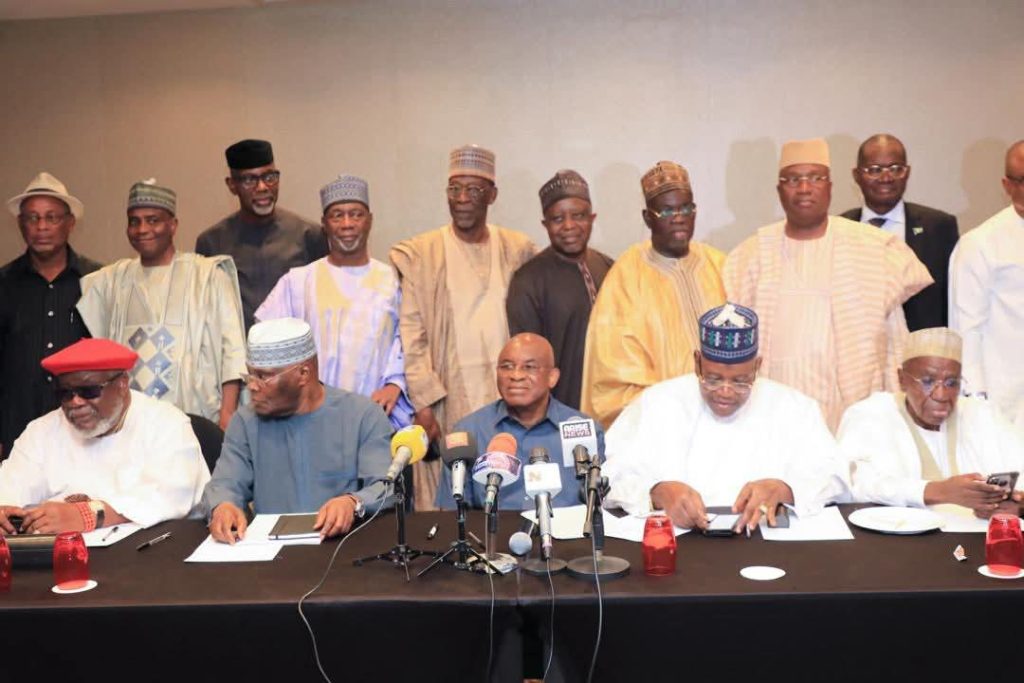Featured
Retired major general explains why ceasefire is the most challenging military operation
DDM News

Retired Major General James “Spider” Marks, a CNN military analyst, sheds light on why implementing a ceasefire is among the most complex military operations.
Using the recent ceasefire agreement between Israel and Hamas in Gaza as an example, he explains the intricate logistics, deep mistrust, and operational hurdles that make ceasefires so challenging to execute effectively.
Diaspora Digital Media (DDM) gathered that ceasefires demand all parties to halt hostilities simultaneously, which requires trust and coordination that are often lacking in long-standing conflicts.
In the Gaza ceasefire, Israel and Hamas had to agree not only to stop fighting but also to adhere to sensitive provisions like the exchange of hostages and the facilitation of humanitarian aid.
Marks points out that such agreements are fraught with difficulties due to the inherent mistrust between opposing forces and the logistical challenges of implementing the terms.
One significant aspect of a ceasefire is monitoring and enforcement.
This typically involves deploying international observers or mediators to verify compliance from both sides.
Marks emphasizes that these operations require clear communication channels to prevent misunderstandings that could reignite conflict.
In Gaza, ensuring that both Israel and Hamas honor the ceasefire terms involves delicate negotiations and the rapid deployment of resources to oversee the process.
Ceasefires also include humanitarian considerations, which add another layer of complexity.
Marks explains that opening humanitarian corridors, delivering aid, and ensuring civilian safety in a conflict zone like Gaza require extensive planning and coordination.
In this case, the ceasefire allowed for the exchange of hostages, an emotional and sensitive process requiring meticulous coordination to prevent derailment.
Moreover, a ceasefire is not just about stopping immediate violence but also about laying the groundwork for long-term stability.
Marks underscores that the success of a ceasefire hinges on addressing underlying grievances and building a framework for future negotiations.
Without these steps, the risk of returning to violence remains high.
In conclusion, Marks highlights that while ceasefires are critical for saving lives and providing temporary relief, they represent one of the most difficult military and political operations.
The ceasefire in Gaza demonstrates the multifaceted nature of these agreements and the extraordinary efforts required to ensure they hold.
For Diaspora Digital Media Updates click on Whatsapp, or Telegram. For eyewitness accounts/ reports/ articles, write to: citizenreports@diasporadigitalmedia.com. Follow us on X (Fomerly Twitter) or Facebook



